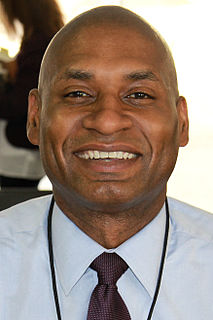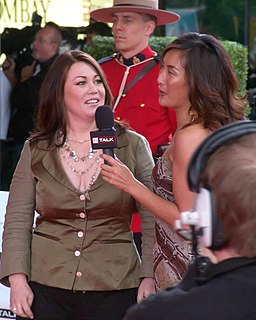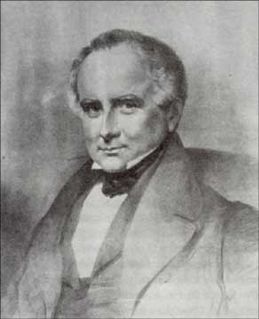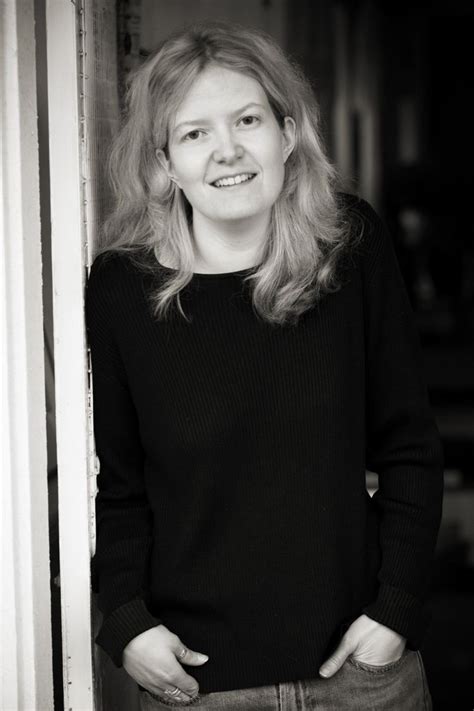A Quote by Umberto Eco
Sometimes you say things with a smile with the precise intention of making it clear that you are not being serious, and are only kidding. If I salute a friend with a smile and say, 'How are you, you old scoundrel!' clearly I don't really mean he's a scoundrel.
Related Quotes
Smile and others will smile back. Smile to show how transparent, how candid you are. Smile if you have nothing to say. Most of all, do not hide the fact you have nothing to say nor your total indifference to others. Let this emptiness, this profound indifference shine out spontaneously in your smile.
This false distance is present everywhere: in spy films, in Godard, in modern advertising, which uses it continually as a cultural allusion. It is not really clear in the end whether this 'cool' smile is the smile of humour or that of commercial complicity. This is also the case with pop, and its smile ultimately encapsulates all its ambiguity: it is not the smile of critical distance, but the smile of collusion
In the hours that followed, I learned that Ademic hand gestures did not actually represent facial expressions. It was nothing so simple as that. For example a smile can mean you're amused, happy, grateful, or satisfied. You can smile to comfort someone. You can smile because you're content or because you're in love. A grimace or a grin look similar to a smile, but they mean entirely different things. Imagine trying to teach someone how to smile. Imagine trying to describe what different smiles mean and when, precisely, to use them in conversation. It's harder than learning to walk.
Why they always look so serious in Yoga? You make serious face like this, you scare away good energy. To meditate, only you must smile. Smile with face, smile with mind, and good energy will come to you and clean away dirty energy. Even smile in your liver. Practice tonight at hotel. Not to hurry, not to try too hard. Too serious, you make you sick. You can calling the good energy with a smile. (From Ketut Liyer, the Balinese healer)
Recently, one friend asked me, "How can I force myself to smile when I am filled with sorrow? It isn't natural." I told her she must be able to smile to her sorrow, because we are more than our sorrow. A human being is like a television set with millions of channels. If we turn the Buddha on, we are the Buddha. If we turn sorrow on then we are sorrow. If we turn a smile on, we really are the smile. We can not let just one channel dominate us. We have the seed of everything in us, and we have to seize the situation in our hand, to recover our own sovereignty.





































